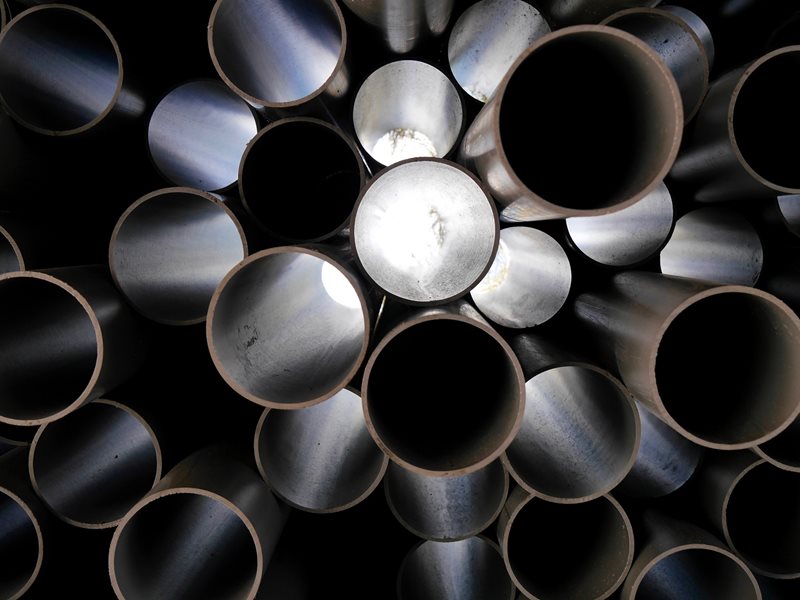
Pneumatic conveying of plastic materials: “Angel hair” I don’t want to see anymore …
How can they be prevented or avoided?
I don’t want to see them anymore!
Even though they have a very nice name, angel hair is for a production responsible worse than hail just before a harvest.
All those who have had to do with this, in a production line, with the pneumatic conveying of plastic material have had to deal with this inconvenience.
But what are angel hair?
How can they be prevented or avoided?
There is nothing angelic, in fact they are a real scourge for those who have to work with plastic materials.
During pneumatic conveying the velocity, friction and heat, generate long filaments called “angel hair”, which compromise the quality of the material of the batch being processed. This happens, in particular, where there are long paths or in curves, rather than in the joints.
The integrity of the plastic granule is fundamental throughout the line and the transport in dense phase guarantees you to avoid, or drastically reduce, the abrasions to the material, and therefore also to limit waste. And we know that waste leads to costs and times that go to invalidate the productive capacity of a company.
If a lot of raw material is degraded, there can be many problems, some of which are very serious.
The quality of the raw material, if degraded due to transport, can cause a lot of problems downstream. Let’s analyze one of them: a plastic film that does not reflect the expected quality and agreed with the end customer cannot be proposed on the market.
Production waste or non-salable product, in all ways the angel’s hair only leads to stomach aches for the company and its partners. This is why those who use this type of raw material must absolutely use dense phase transport technology so they can finally say: “I don’t want to see them anymore!”


